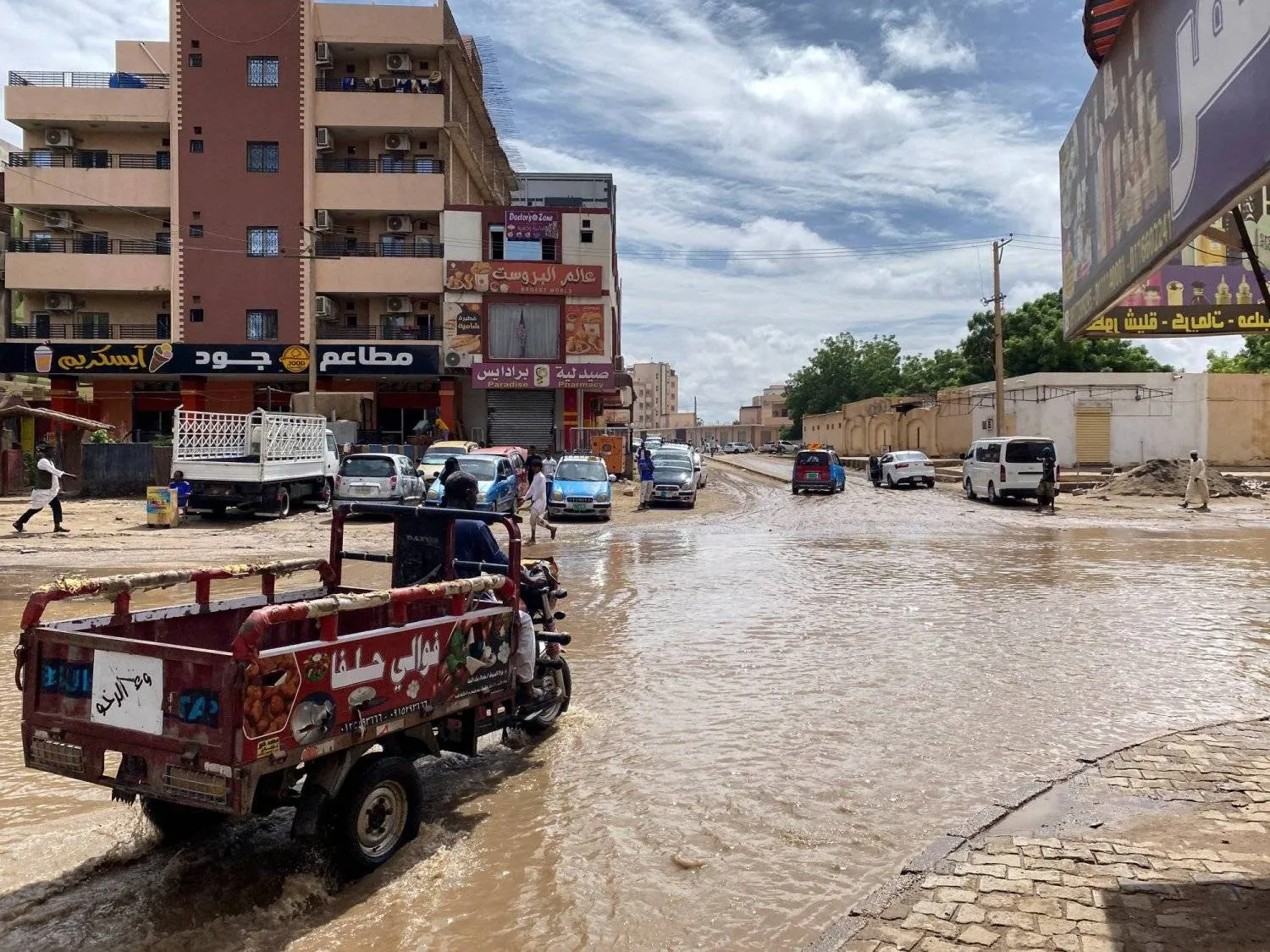Heavy rains have triggered building collapses that have killed nine people in northern Sudan, as the country reels from almost 16 months of fighting between rival security forces, a medic told AFP Tuesday.
"Nine people have died as a result of their houses collapsing," said an employee at a hospital in Abu Hamad, a small town in Sudan's Nile state, some 400 kilometres (nearly 250 miles) north of Khartoum.
"Many injured people continue to arrive at the hospital", the source added.
Each year in August, peak flow on the Nile is accompanied by heavy rains, destroying homes, wrecking infrastructure and claiming lives, both directly and indirectly through water-borne diseases.
The impact is expected to be worse this year after more than a year of fighting that has pushed millions of displaced people into flood zones.
"Heavy rains caused most of the houses to collapse and all the shops in the market collapsed," a witness in Abu Hamad told AFP by telephone.
Last week, a flash flood caused the deaths of five people in Port Sudan, on the Red Sea coast.
Aid groups have repeatedly warned that humanitarian access, already hampered by the war, will be made near-impossible in some areas as the rainy season hits.
Sudan faces what the United Nations has called the world's worst humanitarian crisis in recent memory, as fighting between the army and the Rapid Support Forces shows no sign of abating.
Some 10.5 million people have been forced from their homes, while the main battlegrounds teeter on the brink of all-out famine.
The war has already pushed the nearly half a million residents of the Zamzam camp outside the besieged Darfur city of El-Fasher into famine, a UN-backed assessment said last week.









